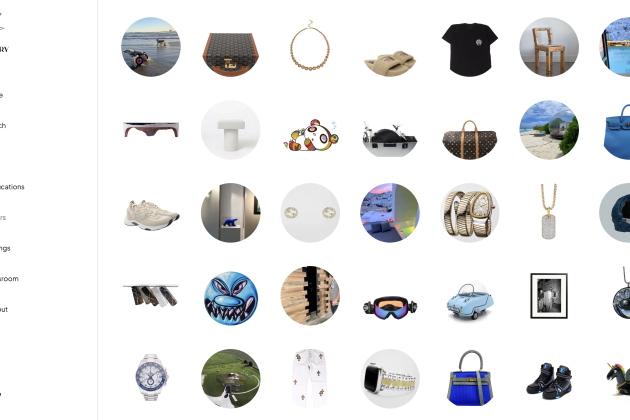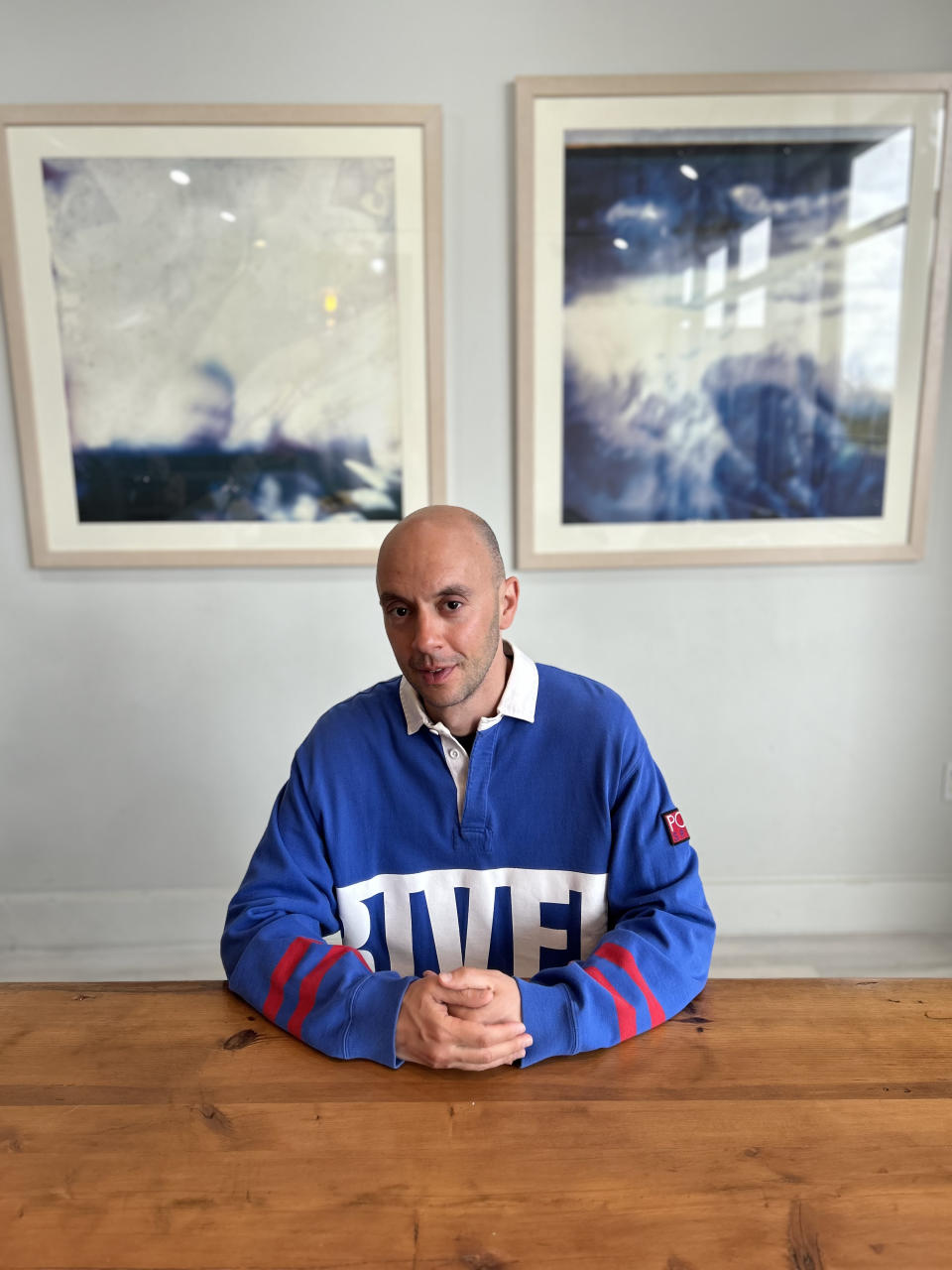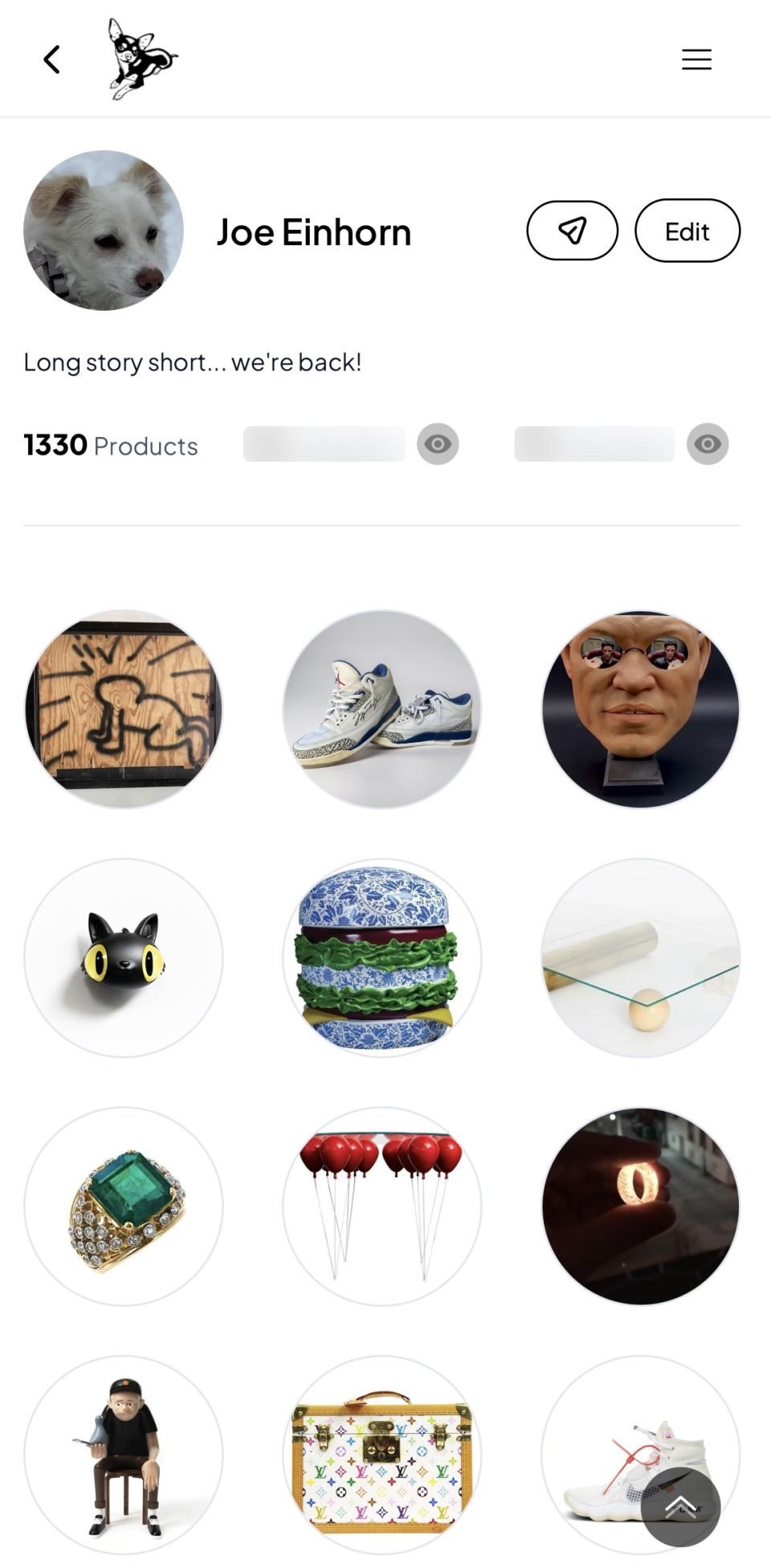Is a $1,000 Per Month Private Shopping App the Answer to Luxury E-commerce Problems?

With the recent announcements of the demise of Farfetch and Matches, Mytheresa is considering going private and acquiring Net-a-porter and Moda Operandi seeking out investment, luxury e-commerce retailers have seen better days. As WWD has previously reported, “after 25-plus years, fashion is still trying to figure out how to move its business online — and make money doing it.”
Enter Long Story Short, a private luxury shopping platform and app that requires a membership application and $1,000 a month. Noting that the high-net individuals and discerning people are the major focus of its clientele — and who can afford to pay the membership fee — Long Story Short focuses on providing special products and experiences you can’t get anywhere else.
More from WWD
EXCLUSIVE: Matière Première Gets Minority Investment From Kering Beauté
EXCLUSIVE: Shinola, Filson Parent Company Names New CEO, Chief Marketing Officer
Joe Einhorn, founder of Long Story Short, is best known for his social e-commerce platform, Fancy. Einhorn’s network is vast, having previously worked with the likes of Hermès on a limited collaboration for the platform and included Kering’s chief executive officer François-Henri Pinault as an investor and board member.
The Long Story Short app works directly with brands. It continues the longstanding relationship it has already cultivated, whilst providing concierge services and ensuring privacy by not sharing data with third parties. According to Einhorn, principals of the biggest luxury fashion brands, are already part of it or aware of its existence.
And given how private membership clubs have significantly taken off, it’s not a far stretch that luxury e-commerce shoppers will be looking for a new way to get their hands on vintage and one-of-a-kind pieces the app has to offer.
Here, WWD sat down to chat with Einhorn about why he said his $ 1,000-a-month app pays for itself, the volatile nature of luxury e-commerce and its failing evolution and his rule that “everything is for sale and everything is possible.”

WWD: In your own words, what is Long Story Short?
Joe Einhorn: Long Story Short is a private online luxury shopping platform comprising a growing collection of people, products and experiences. Unlike typical, one-dimensional online luxury platforms, LSS is defined by four dimensions: discovery, convenience, trust and interest alignment.
Discovery: an eclectic array of products added daily with an expert’s experience and point of view. Convenience: buy the coolest stuff in the world — across brands, categories and price points — all in one place. Trust: shop anonymously and get the best possible prices. Alignment of interests: we forego profits on sales to ensure pure alignment of interests with luxury brands and our members.
WWD: The digital luxury e-commerce model has been forced to adapt, evolve and often shutter throughout the pandemic and current economic turmoil. What are the benefits of the “private club” or membership model?
J.E.: Looking back 30 years to the dawn of the consumer internet, there have been no enduring success stories in online luxury. Whatever worked for Amazon and eBay will not work for anybody else. For an enduring online luxury industry to form, there will need to be a leading institution that can prioritize a good outcome for consumers over its own self-interest. We’re hoping to grow Long Story Short into such an institution. As a private club, we aim to build value for members rather than shareholders.
WWD: In what ways does the app differ from the traditional e-commerce and resale models?
J.E.: Traditional e-commerce platforms prioritize overpaying to buy hit-and-run customers from Google and Facebook with bait-and-switch ads and overcharging vendors and consumers to cover the associated costs. LSS does not make any money from orders. We only make money from membership dues.
Ours is a relentless focus on delighting members by offering the best products and experiences this world has to offer, enabling members to conveniently buy across all genres in one session and providing a buffer between our members and the “wild, wild web” by handling negotiations and acquisition on their behalf. The only success metric that matters to traditional e-commerce platforms is how much profit margin they make off sales. The only success metric that matters to LSS is the satisfaction of our members.

WWD: With a $1,000/month membership, what’s the ROI for users?
J.E.: Time. We scour the world for magical products and experiences across genres and synthesize everything down into a fun format, enabling members to buy everything all in one place. That saves our members time on discovery and purchasing.
Discretion. We act as a buffer between members and the wild, wild web. Randoms will never learn who you are, what you are buying or for whom. Aside from preserving your privacy, it’s critically related to your security: We live in a world where hackers only need an email address or phone number for you, or your assistant or family member and they can send a message that you never even see and steal everything from you.
Money. We do not profit from your orders. If a member is interested in watches and asks us to find a watch that would normally go for $100,000, we are going to try to get it for them at $80,000 — whereas that watch might be listed at $120,000 due to the flawed marketplace economics of online shopping in 2024. We are happy to cap our upside at $1,000 per month in monthly dues with you, even if you end up spending a million dollars and we save you hundreds of thousands of dollars on a single order.
WWD: How does the app cater to its high-net-worth clientele in terms of privacy and providing a luxury experience? How does the concierge service work?
J.E.: Everything is for sale. Everything is available. Everything is possible. Members can browse our selection or instruct us to go hunting for whatever they desire, even if what they desire does not appear to be available on LSS or anywhere else, even if it’s just a concept. Once you decide you want something, it’s our job to negotiate and get it for you at the best possible price. While we don’t share any information about you with any vendor, we share everything with you about who and where we acquired your piece from, its provenance, price, etc.
WWD: What do you see as the future of luxury e-commerce?
J.E.: Online luxury is the last big opportunity in consumer internet. Everyone has given up. Everything else has been cracked. It’s been 30 years and e-commerce still only contributes incrementally to global luxury sales. LSS is going to crack it with our model and eventually, between pure e-commerce and integrated e-commerce (in-store physical sales aided by apps for payments in the stores, etc.) the entire luxury business will move online.
For More WWD Business News
Formula 1 Miami Grand Prix 2024 Propelled Women in Motorsports to the Forefront
Study Finds That Gen Z Shoppers Loyalty Lies With Credit Cards, Not Retailers
Gen Alpha’s Influence on Millennial Spending Power Predicted to Be Swift and Impactful
Best of WWD

 Yahoo Finance
Yahoo Finance 